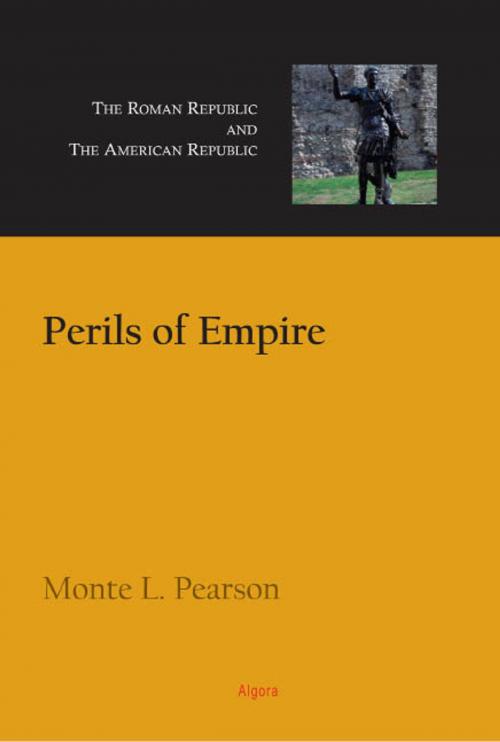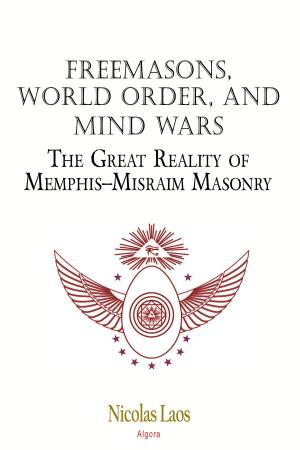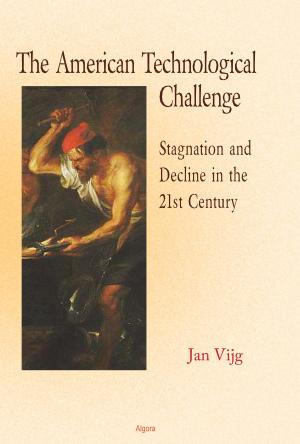Perils of Empire:
The Roman Republic and the American Republic
Nonfiction, History, Ancient History, Rome| Author: | Monte L. Pearson | ISBN: | 9780875866147 |
| Publisher: | Algora Publishing | Publication: | December 15, 2009 |
| Imprint: | Algora Publishing | Language: | English |
| Author: | Monte L. Pearson |
| ISBN: | 9780875866147 |
| Publisher: | Algora Publishing |
| Publication: | December 15, 2009 |
| Imprint: | Algora Publishing |
| Language: | English |
Many articles in the media examine contemporary American issues and compare them to the problems that led to the fall of the Roman Empire. But before the rise of the Empire, a time of one-man rule and limited freedoms, there was the Roman Republic 500 years of free elections, civil liberties, and conquering armies.
Pearson shows that in fact it was the Republic that was destroyed, and the implications are alarming for Americans today. At first the successful armies brought wealth and glory; then the Republican institutions began to groan under the strain of running an empire. There were feuds, then riots, then civil wars, and the Republic was gone. During this turbulent period some of the most famous people in ancient history vied for power and glory Caesar, Cleopatra, Cicero, and Octavian, Caesars nephew, who became Augustus, Romes first Emperor.
The fall of the Roman Empire was caused by a dramatic loss of economic and military power and it led to barbarian invasions a problem that may be starting to affect the United States, but it is hard to visualize the US being formally invaded and occupied by foreign enemies. However, the fall of the Roman Republic led to a severe loss of political and social freedoms at home a trend that is already underway in America and that is a threat to our basic values as a people.
With US forces occupying Iraq and fierce debates over which civil liberties must be restricted in order to prosecute a never-ending war on terrorism, now is a good time to look into the historical mirror and examine the perils for democratic institutions when republics acquire empires.
Many articles in the media examine contemporary American issues and compare them to the problems that led to the fall of the Roman Empire. But before the rise of the Empire, a time of one-man rule and limited freedoms, there was the Roman Republic 500 years of free elections, civil liberties, and conquering armies.
Pearson shows that in fact it was the Republic that was destroyed, and the implications are alarming for Americans today. At first the successful armies brought wealth and glory; then the Republican institutions began to groan under the strain of running an empire. There were feuds, then riots, then civil wars, and the Republic was gone. During this turbulent period some of the most famous people in ancient history vied for power and glory Caesar, Cleopatra, Cicero, and Octavian, Caesars nephew, who became Augustus, Romes first Emperor.
The fall of the Roman Empire was caused by a dramatic loss of economic and military power and it led to barbarian invasions a problem that may be starting to affect the United States, but it is hard to visualize the US being formally invaded and occupied by foreign enemies. However, the fall of the Roman Republic led to a severe loss of political and social freedoms at home a trend that is already underway in America and that is a threat to our basic values as a people.
With US forces occupying Iraq and fierce debates over which civil liberties must be restricted in order to prosecute a never-ending war on terrorism, now is a good time to look into the historical mirror and examine the perils for democratic institutions when republics acquire empires.















